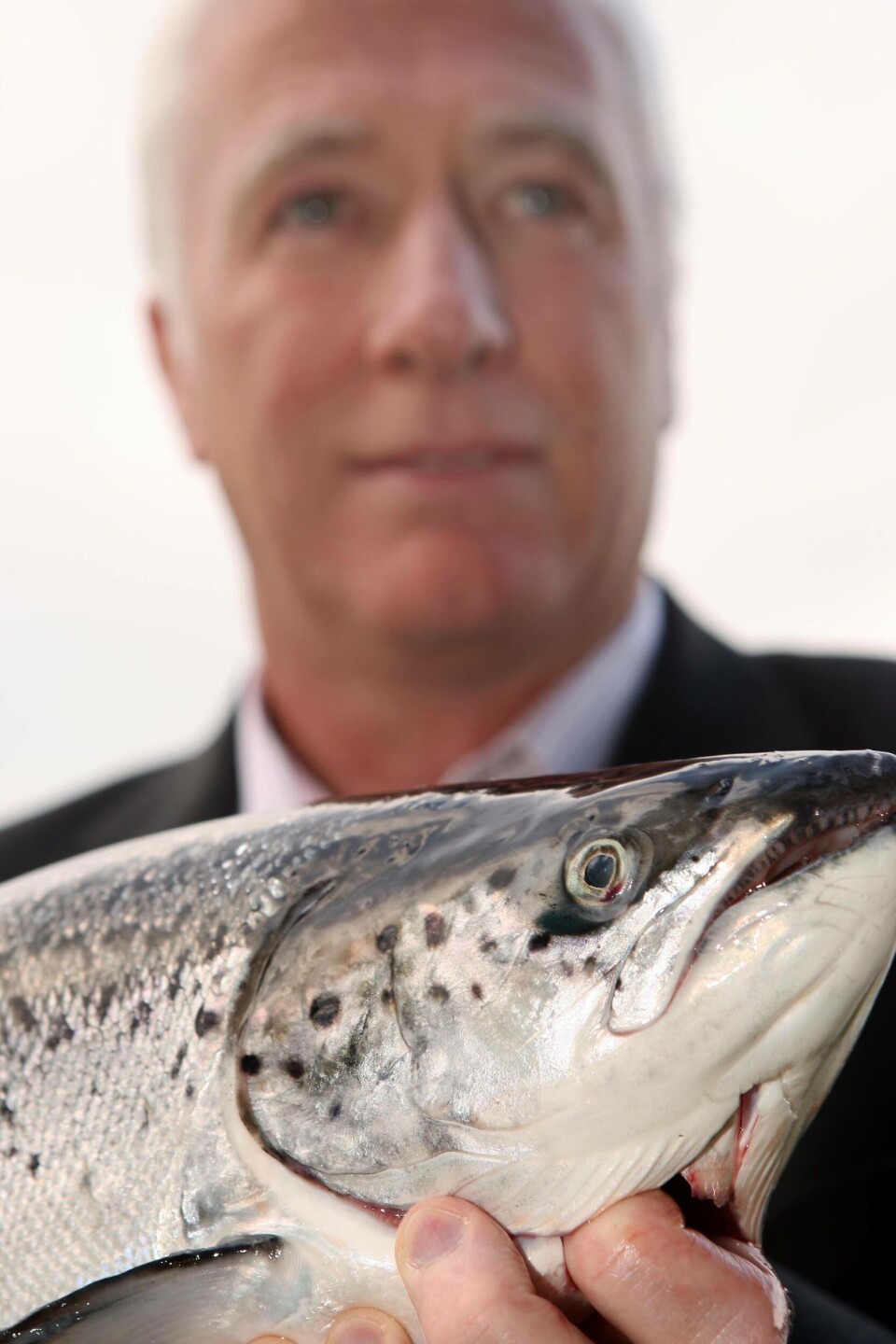
SSPO opens farm gate to inquiry MSPs
Scottish salmon industry spokesman Scott Landsburgh has issued an open invitation for MSPs to visit salmon farms to see how well modern methods of sea lice control are working.
His offer follows a decision by a Scottish parliamentary committee to hold an inquiry into the industry in response to a petition from game anglers’ pressure group Salmon & Trout Conservation Scotland (S&TCS).
S&TCS has long claimed that salmon cages are a breeding ground for lice that harm wild fish populations, and in February 2016 petitioned the Rural Economy and Connectivity Committee to look at the issue.

Landsburgh, chief executive of the Scottish Salmon Producers’ Organisation, said: “The industry performance in sea lice management is the best it has been for several years as a result of the investment in cleaner fish and mechanical removal techniques.
“We would be delighted to host the whole Committee or any MSPs at a salmon farm to show them how well this is working. [We are] delighted that the MSPs endorsed the salmon farming industry as being an important part of the Scottish economy and will happily contribute to any inquiry the Committee may choose to launch in the future.”
Next year
The approach taken by the inquiry will be decided later this year, and it probably won’t begin until early next year.
The committee will take evidence from a range of industry stakeholders and those outwith aquaculture over a period of months. It will then produce a report of its findings and any recommendations it has, and that will be followed by a parliamentary debate.
The Scottish government will also be invited to respond to the report and any recommendations made in it.
The petition S&TCS lodged recommends that the Scottish Parliament should seek to amend the Aquaculture and Fisheries (Scotland) Act 2007 to give Scottish Ministers a statutory duty to inspect farms and enforce sea lice control on salmon farms.
Immediate culls
In its petition S&TCS argues that it is necessary to protect wild salmonid fish from juvenile sea lice infestation from marine cage fish farms, and calls for statutory powers to order immediate culls of any marine cage fish farm where average adult female sea lice numbers of farmed fish remain persistently above Code of Good Practice thresholds.
It says farms “consistently failing to control sea lice should be closed or relocated to move the worst performing farms away from salmonid rivers and migration routes”.
S&TCS is also calling for “a renewed focus on moving to full closed containment of farmed salmon production in Scotland, with complete 'biological separation' of wild and farmed fish”.
The organisation points out that adult wild salmon are perfectly adapted to coping with a few sea lice but insists that the advent of salmon farming, particularly in fjordic or largely enclosed sea lochs, has led to a fundamental change in the density and occurrence of sea lice in parts of the coastal waters of the west Highlands and Islands.






















































